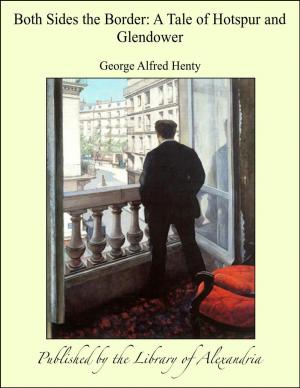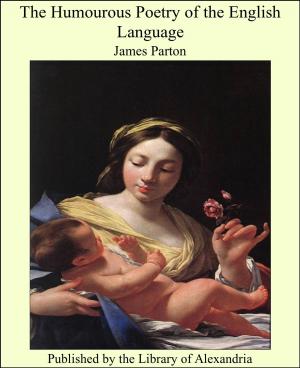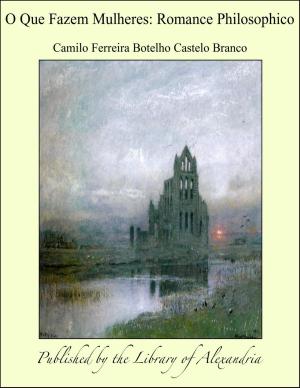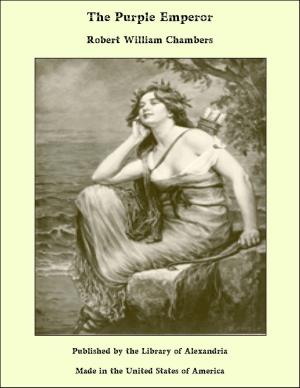| Author: | Luise Mühlbach | ISBN: | 9781465538987 |
| Publisher: | Library of Alexandria | Publication: | March 8, 2015 |
| Imprint: | Language: | English |
| Author: | Luise Mühlbach |
| ISBN: | 9781465538987 |
| Publisher: | Library of Alexandria |
| Publication: | March 8, 2015 |
| Imprint: | |
| Language: | English |
NAPOLEON AT DRESDEN. CHAPTER I. FREDERICK WILLIAM AND HARDENBERG. It was a fine, warm day in May, 1812. The world was groaning under the yoke of Napoleon's tyranny. As a consolation for the hopeless year, came the laughing spring. Fields, forests, and meadows, were clad in beautiful verdure; flowers were blooming, and birds were singing everywhere—even at Charlottenburg, which King Frederick William formerly delighted to call his "pleasure palace," but which now was his house of mourning. At Charlottenburg, Frederick William had spent many and happy spring days with Queen Louisa; and when she was with him at this country-seat, it was indeed a pleasure palace. The noble and beautiful queen was also now at Charlottenburg, but the king only felt her presence—he beheld her no more. Her merry remarks and charming laughter had ceased, as also her sighs and suffering; her radiant eyes had closed forever, and her sweet lips spoke no more. She was still at Charlottenburg, but only as a corpse. The king had her mausoleum erected in the middle of the garden. Here lay her coffin, and room had been left for another, as Frederick William intended to repose one day at the side of his Louisa. From the time that the queen's remains had been deposited there— from that day of anguish and tears—the king called Charlottenburg no longer his "pleasure palace." It was henceforth a tomb, where his happiness and love were buried. Still, he liked to remain there, for it seemed to him as though he felt the presence of the spirit of his blessed queen, and understood better what she whispered to his soul in the silent nights when she consoled him, and spoke of heaven and a renewed love. The bereaved husband, however, did not prefer to dwell in the magnificent abode of his ancestors, where he had formerly passed in spring so many happy days with his beloved Louisa. He had, therefore, a small house near the palace; it was into this plain and humble structure that he had retired with his grief-stricken heart. Here, in his solitude, he had already passed two springs
NAPOLEON AT DRESDEN. CHAPTER I. FREDERICK WILLIAM AND HARDENBERG. It was a fine, warm day in May, 1812. The world was groaning under the yoke of Napoleon's tyranny. As a consolation for the hopeless year, came the laughing spring. Fields, forests, and meadows, were clad in beautiful verdure; flowers were blooming, and birds were singing everywhere—even at Charlottenburg, which King Frederick William formerly delighted to call his "pleasure palace," but which now was his house of mourning. At Charlottenburg, Frederick William had spent many and happy spring days with Queen Louisa; and when she was with him at this country-seat, it was indeed a pleasure palace. The noble and beautiful queen was also now at Charlottenburg, but the king only felt her presence—he beheld her no more. Her merry remarks and charming laughter had ceased, as also her sighs and suffering; her radiant eyes had closed forever, and her sweet lips spoke no more. She was still at Charlottenburg, but only as a corpse. The king had her mausoleum erected in the middle of the garden. Here lay her coffin, and room had been left for another, as Frederick William intended to repose one day at the side of his Louisa. From the time that the queen's remains had been deposited there— from that day of anguish and tears—the king called Charlottenburg no longer his "pleasure palace." It was henceforth a tomb, where his happiness and love were buried. Still, he liked to remain there, for it seemed to him as though he felt the presence of the spirit of his blessed queen, and understood better what she whispered to his soul in the silent nights when she consoled him, and spoke of heaven and a renewed love. The bereaved husband, however, did not prefer to dwell in the magnificent abode of his ancestors, where he had formerly passed in spring so many happy days with his beloved Louisa. He had, therefore, a small house near the palace; it was into this plain and humble structure that he had retired with his grief-stricken heart. Here, in his solitude, he had already passed two springs

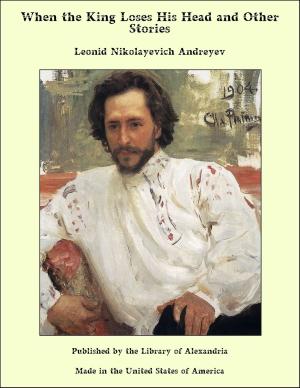


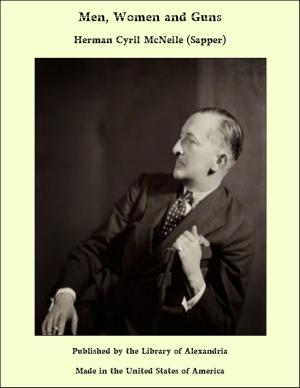

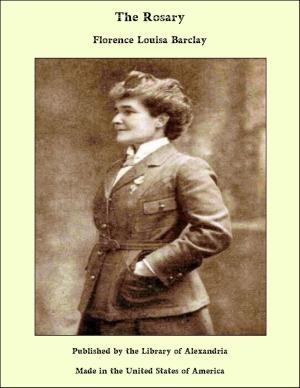

![Cover of the book The Cabin [La Barraca] by Luise Mühlbach](https://www.kuoky.com/images/2015/march/300x300/9781465514592-Ey2r_300x.jpg)

